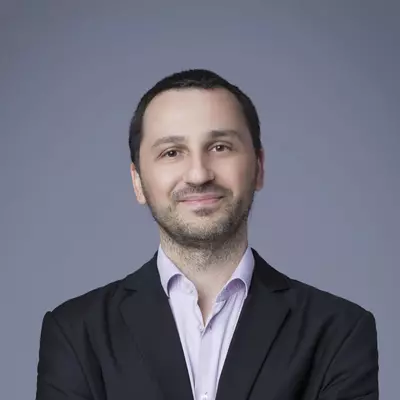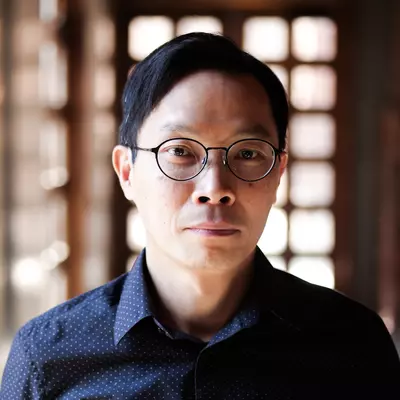Serving the Revolution: Educational Networks in Communist Albania
November 25, 2022 | 3:00PM - 5:00PM
|
In-person
The event took place in room 208N, Munk School, 1 Devonshire Place, Toronto.
Using mostly unexplored archives from Albania, China, Italy, France, and Germany, as well as conducting interviews, the research explores the educational networks of Albania during the Cold War. This project proposal contends that studying these educational and academic exchanges would provide a more complete understanding of the communist regime of Albania during the 1960s and most of the 1970s when hundreds of economic and industrial projects were under construction with Chinese assistance. To compensate for the lack of an adequate specialized workforce, hundreds of Albanians were sent to Eastern and Western Europe, and China to pursue university studies. By tracing Albania’s educational networks during its communist period, this study aims to inscribe part of the history of Albania’s communist past into the broader context of the exchanges that took place between East European countries, as well as between them and the rest of the world in the field of education and expertise circulation during the central decades of the Cold War. The study is also aimed, among others, at revealing the limits of ideology driven economic models, its legacy in the country’s model that followed the fall of the communist system in Albania (path dependency), and the shortcomings of the centralized planning of human resources at national level under the communist regime. Furthermore, the research will also focus on the personal experiences of the students, which were strictly intertwined with the dynamics of the Cold War divisions, and were continuously conflicted between political loyalties and spaces of personal affirmation. In this way, this investigation poses issues of, among others, agency, political control and oppression, self-development, and creativity under the last Stalinist regime of Europe. Ultimately, the research contributes to the emerging scholarship focused on the agency of smaller countries of Eastern Europe and the transnational networks they create at the margin of the competition between major powers. Considering the recent events in Eastern Europe, historical studies have the potential of providing a better understanding of the area and provide the European Union with better tools to adopt adequate policies towards Eastern and Southeastern Europe.
Ylber Marku is Lecturer in History at Zhejiang University, China. He is a Cold War historian with research interests in Albania’s communist past, Tirana’s transnational networks during the communist period, the Global Cold War, Sino-Albanian Relations, East European History, and the Global South in the Sixties. Dr. Marku obtained his Ph.D. in History at Lingnan University, Hong Kong, in November 2017. Before his doctoral studies, he studied Political Science and Politics of the European Union at the University of Padua, Italy, and has lived in different European countries such as Spain, the Netherlands, and Greece. Dr. Marku has published research articles in leading journals in his field such as, among others, Cold War History, Journal of Cold War Studies, and The International History Review. He is currently working on several research articles and the completion of his first monograph.
Sponsored by the Centre for European, Russian, and Eurasian Studies and co-sponsored by the Asian Institute, the Dr. David Chu Program in Asia-Pacific Studies, and the Department of Historical Studies (UTM).

